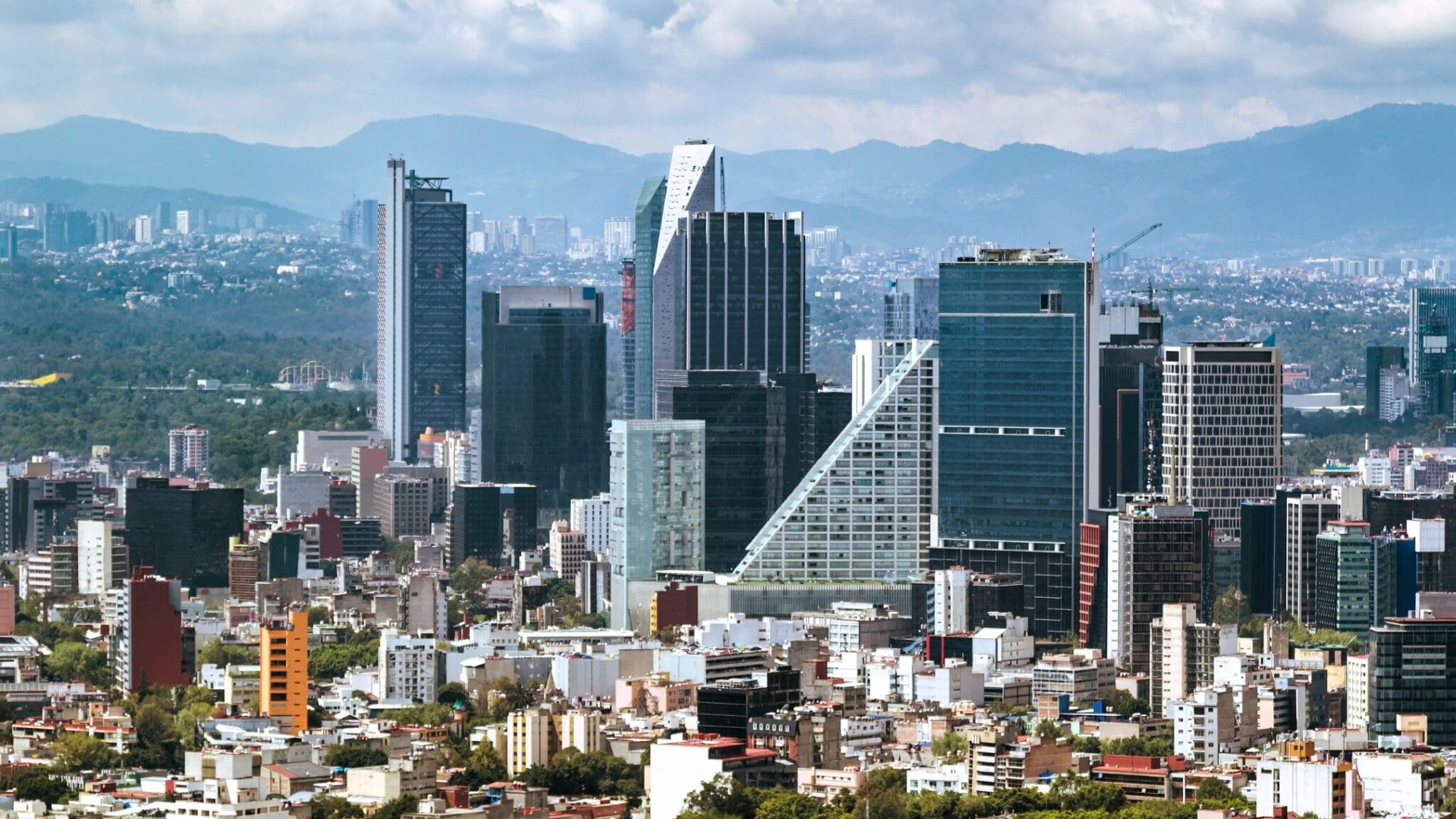Waste – be it material, gas or excess inventory etc – is the enemy of efficiency and effectiveness. In the supply chain there is now more pressure than ever on buyers and suppliers to cut down on waste in order to reduce costs, improve return on investment, manage resource scarcity and reduce the environmental impact of operations.
Companies that are capable of limiting waste improve their resilience and competitiveness, while enhancing corporate social responsibility profiles.
Businesses that fail to manage their waste will find their operations become less sustainable. What’s more, other companies may not work with organisations that create excess waste, as this impacts their supply chain and values.
There are effects above and beyond business ramifications too. In the 2013 article ‘Reducing waste in your supply chain’, Catherine Weetman, product implementation director at DHL Supply Chain Global Products, stated: “Population growth and rising consumer demand is causing the global consumption of finite resources to increase. This means that companies are facing higher costs for their raw materials, and the possibility that these resources might run out.”
What’s more, firms that fail to address their waste management face being penalised. Ms Weetman explained that governments around the world are starting to adopt the ‘polluter pays’ principle, which means that those who do not operate in an environmentally friendly way pay higher costs. Additionally, extended producer responsibility or product stewardship puts the responsibility on original equipment manufacturers, importers and retailers to meet material-collection, recovery and recycling targets.
In order to reduce waste in supply chains, businesses must look at their product or service and identify ways in which it can be made more efficiently and sustainably. Suppliers that are able to offer buyers the innovation they need to do this will find they have a competitive edge.
All companies must also analyse their processes to see if they’re being completed in such a way that maximises resources and has minimal impact on the environment. This includes looking at areas such as transport in the supply chain, where switching to electric vehicles can have a huge effect on reducing the carbon footprints of operations and protecting oil resources.
The ECR UK Waste Hierarchy favours prevention and redistribution strategies for tackling waste in supply chains. Prevention or elimination of waste is of course the golden standard, however redistributing unpreventable surpluses to alternative markets is the next best option. What needs to be avoided is sending waste to landfill. Recycling is therefore viewed as the third best option in the UK Waste Hierarchy.
However, in order to effectively minimise waste in the supply chain, no matter the approach, there needs to be collaboration between buyers and suppliers – something that is facilitated through Achilles’ online communities. This creates a more accountable and mutually beneficial environment for organisations by ensuring the sharing of information and creation of discourses to create more sustainable operations.


